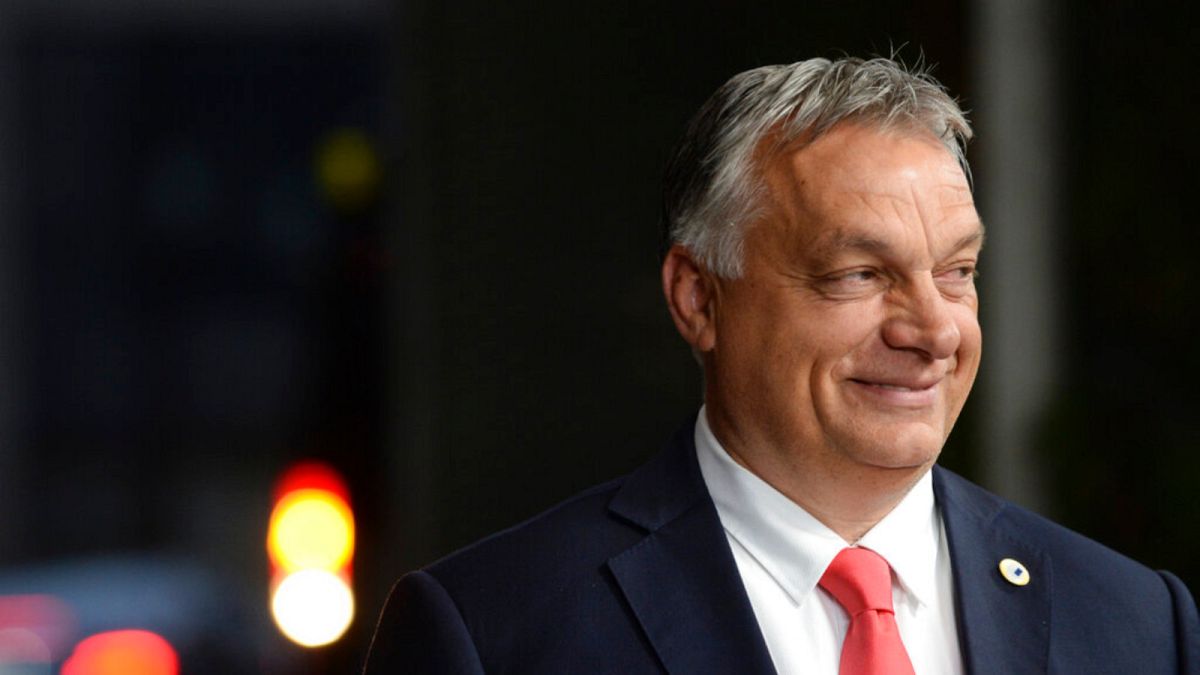"The Eastern European countries have learned the EU negotiating game – and Orban has become quite good at this," one political analyst told Euronews.
The European Union’s marathon talks on a coronavirus recovery deal revealed major fault lines across the bloc: between the north and the south over the size of the package, and between the east and west over the conditions to receive the funds.
Hungarian Prime Minister Viktor Orban went into the summit threatening a veto if the money was strictly tied to the respect of democratic values. The wording in the final deal was ultimately watered down and leaves room for interpretation.
In its conclusion, the European Council underlined the "importance of the respect of the rule of law" and said it will create a system of conditionality aimed at preventing member states from getting subsidies from the budget and recovery fund if they don't abide by its principles.
The compromise was one that Orban claimed as a victory.
"We managed not only to get a good package of money, but we defended the pride of our nations and made clear that it is not acceptable that anybody (…) criticise us, the freedom fighters that did a lot against the communist regime and in favour of the rule of law," Orban said.
The dispute over the respect of democratic values in central and eastern European states isn’t going away anytime soon, but Orban and his supporters have shown they know how to leverage their power, says political analyst Júlia Lakatos.
"What we are seeing here is that the Eastern European countries have learned the EU negotiating game. And Orban has become quite good at this," she told Euronews.
"I think they understand their size and power, they know how far they can stretch," she said, referring to the central European states known as the Visegrad Four – Hungary, Poland, Czechia and Slovakia.
"They have to have regional alliances, which are not just ideological alliances, but also economic alliances. But they also understand that they have to have alliances from the old member states, and that's why it's very important for Viktor Orban to have a strong relationship with Angela Merkel or Emmanuel Macron," she said.
Watch the interview in the video player above.
